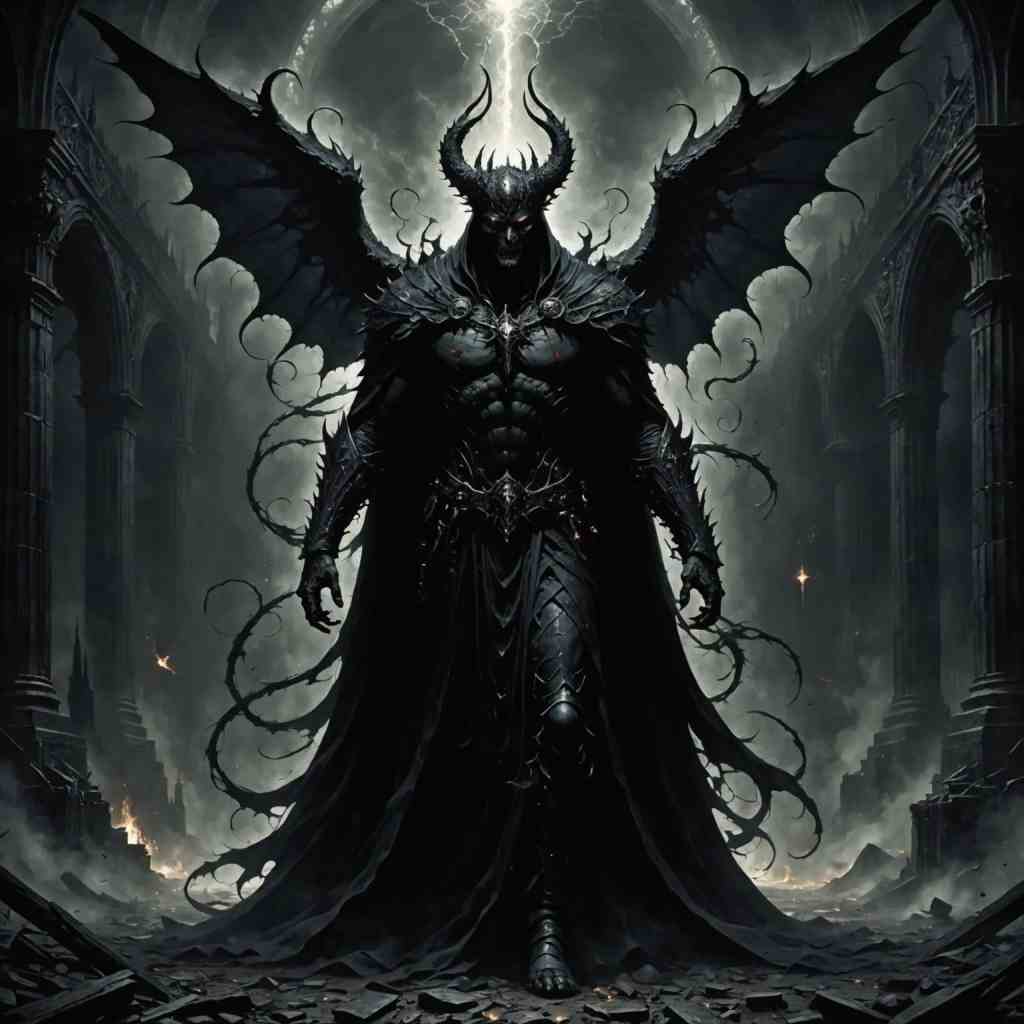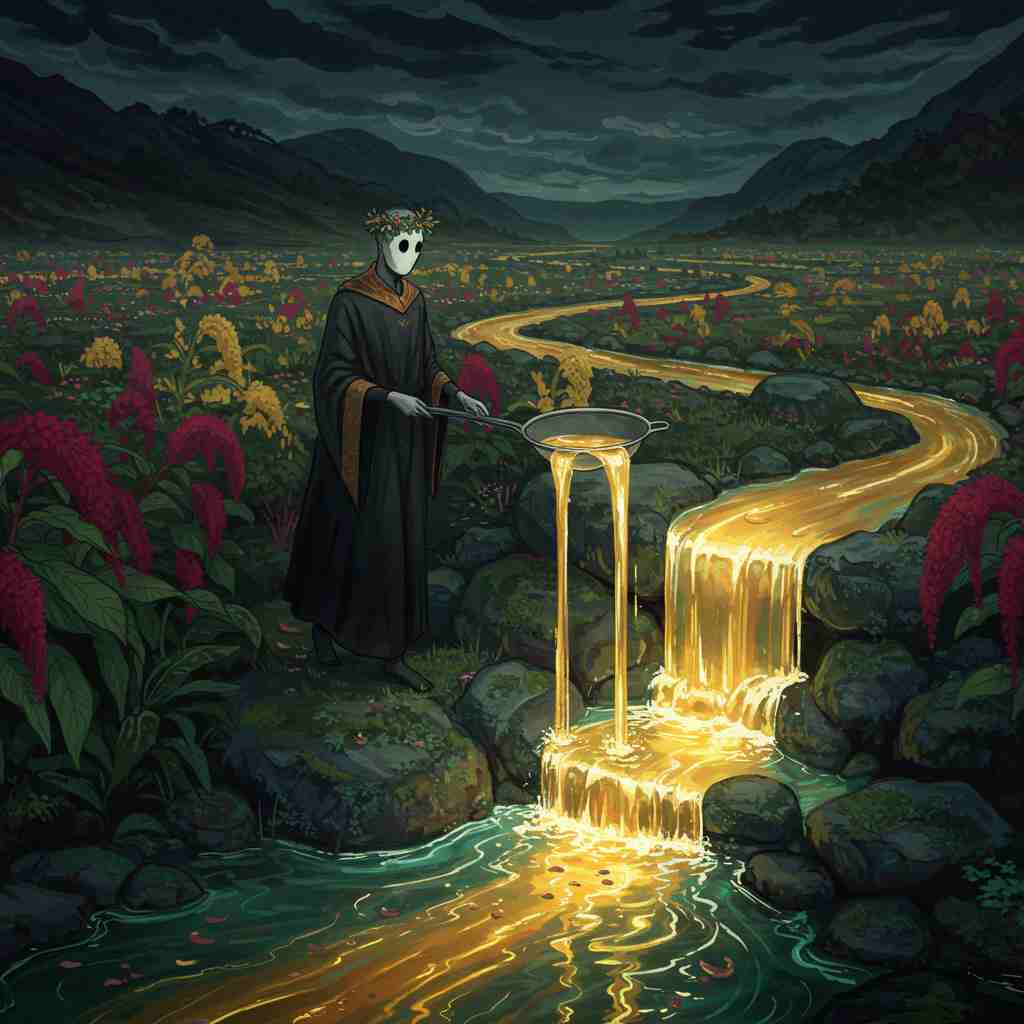9 Poems by Samuel Taylor Coleridge
1772 - 1834
Samuel Taylor Coleridge Biography
Samuel Taylor Coleridge, born on October 21, 1772, in Ottery St. Mary, Devonshire, England, was a seminal figure in the English Romantic movement. A poet, literary critic, philosopher, and theologian, Coleridge's work and ideas profoundly influenced the development of Romantic literature and modern critical thought.
Coleridge was the youngest of ten children born to John Coleridge, a vicar and schoolmaster, and his wife Ann Bowden Coleridge. His father's death in 1781 sent young Samuel to Christ's Hospital School in London, where he received a classical education and began to develop his literary interests. It was here that he met Charles Lamb, who would become a lifelong friend and fellow writer.
In 1791, Coleridge entered Jesus College, Cambridge, where he studied classics but left without a degree in 1794. During this period, he became involved in radical politics, influenced by the ideals of the French Revolution. He also began experimenting with opium, a habit that would plague him for much of his life and significantly impact his work and personal relationships.
Coleridge's literary career took a decisive turn when he met William Wordsworth in 1795. The two poets formed a close friendship and literary partnership that would prove instrumental in launching the Romantic movement in English literature. Their collaborative work, "Lyrical Ballads" (1798), is often considered the starting point of English Romanticism. The volume included Coleridge's famous poem "The Rime of the Ancient Mariner," a haunting tale of guilt and redemption that showcases his imaginative power and mastery of language.
The years 1797-1798 were extraordinarily productive for Coleridge, during which he wrote many of his most famous poems, including "Kubla Khan" and "Frost at Midnight." "Kubla Khan," with its vivid, dreamlike imagery, was famously composed in an opium-induced trance and left unfinished due to an interruption. This poem has become emblematic of Romantic notions of inspiration and the creative process.
Coleridge's poetry is characterized by its rich imagery, musicality, and philosophical depth. He often explored themes of nature, the imagination, and the supernatural. His work "Christabel," though unfinished, is considered one of the first and most influential works of Gothic fiction in verse.
In addition to his poetry, Coleridge was a prolific prose writer and lecturer. His "Biographia Literaria" (1817), part literary criticism, part philosophical treatise, and part autobiographical narrative, is a foundational text of Romantic literary theory. In it, he expounds on his ideas about the imagination, introducing concepts like the distinction between "fancy" and "imagination" that would influence critical thought for generations.
Coleridge's lectures on Shakespeare, delivered between 1811 and 1819, were groundbreaking in their psychological approach to character analysis. His insights into plays like "Hamlet" and "King Lear" helped establish the modern practice of close reading and character-based literary criticism.
As a philosopher, Coleridge played a crucial role in introducing German Idealist philosophy to the English-speaking world. His translations and interpretations of philosophers like Immanuel Kant and Friedrich Schelling had a significant impact on English thought in the early 19th century.
Despite his intellectual achievements, Coleridge's personal life was often troubled. His marriage to Sara Fricker in 1795 was unhappy, and he fell in love with Sara Hutchinson, the sister of Wordsworth's wife, a relationship that remained unconsummated but deeply affected his emotional life and his poetry. His opium addiction, which began as a treatment for dysentery and depression, increasingly dominated his life, leading to long periods of unproductivity and strained relationships.
In 1816, Coleridge moved in with the physician James Gillman in Highgate, London, seeking help for his opium addiction. He would spend the rest of his life there, writing, lecturing, and conversing with the many visitors who sought out his company. During this period, he focused more on religious and philosophical writings, including "Aids to Reflection" (1825) and "On the Constitution of the Church and State" (1830).
Coleridge died on July 25, 1834, leaving behind a complex legacy. While his poetic output was relatively small, its impact was immense. Poems like "The Rime of the Ancient Mariner," "Kubla Khan," and "Dejection: An Ode" are cornerstones of the Romantic canon, celebrated for their imaginative power, psychological insight, and linguistic brilliance.
In literary criticism, Coleridge's work has been subject to various interpretations over the years. Early critics often focused on the biographical aspects of his poetry, seeing it as a reflection of his personal struggles and philosophical ideas. Later critics have examined his work through various theoretical lenses, including psychoanalytic, deconstructionist, and eco-critical approaches.
Coleridge's influence extends far beyond his own era. His ideas about the imagination and creativity have been crucial to the development of modern poetics. His literary criticism, particularly his work on Shakespeare, helped shape the discipline of English literature. His philosophical and religious writings contributed significantly to 19th-century theological debates and continue to be studied today.
Samuel Taylor Coleridge's life and work embody many of the central tensions of Romanticism: between reason and imagination, nature and the supernatural, individual genius and collaborative creativity. His struggles with addiction and his unfulfilled ambitions have made him a poignant figure in literary history, often seen as the archetypal Romantic poet consumed by his own brilliance.
Today, Coleridge is remembered not only as a great poet but as a seminal thinker whose ideas continue to resonate in literature, philosophy, and cultural studies. His ability to blend vivid sensory experience with profound philosophical insight, his exploration of the boundaries between the conscious and unconscious mind, and his lifelong quest for spiritual and intellectual truth ensure his enduring relevance in the canon of English literature.
This text was generated by AI and is for reference only. Learn more
Username Information
No username is open
Unique usernames are free to use, but donations are always appreciated.
Quick Links
© 2024-2025 R.I.Chalmers (V2Melody).

All music on this site by R.I.Chalmers (V2Melody) is licensed under a Creative Commons Attribution-NonCommercial 4.0 International License.
Attribution Requirement:
When using this music, you must give appropriate credit by including the following statement (or equivalent) wherever the music is used or credited:
“Music by R.I.Chalmers (V2Melody) – https://v2melody.com”
Support My Work:
If you enjoy this music and would like to support future creations, donations are always welcome but never required.
Donate









